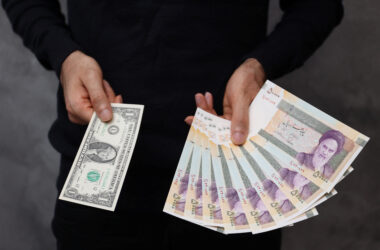Volkswagen has sold its factory in the Xinjiang province of China following repeated accusations of human rights violations, including the use of forced labor. The region, where the factory was located, is home to the Uyghur Muslim minority.
The United Nations and human rights organizations have consistently reported on so-called “reeducation camps” for Uyghurs, where human rights abuses, including forced labor, were documented.
The factory in Ürümqi, opened in 2012 in partnership with Chinese company SAIC, was Volkswagen’s first manufacturing facility in the region. The project cost €170 million.
For a long time, Volkswagen management denied any evidence of human rights violations at the plant, but increasing pressure from the international community grew harder to ignore. In September, over 50 lawmakers from various countries urged the company to leave the region.
Earlier, Ralph Brandstätter, head of Volkswagen’s China division, claimed that the company had not found any violations at the factory and intended to continue operations in Xinjiang. However, growing criticism and a decline in sales in China prompted the automaker to reconsider its position. Volkswagen’s sales in China dropped by 12% in the first nine months of 2024, lagging behind the popularity of local manufacturers.
Volkswagen CEO Thomas Schäfer emphasized that the company remains committed to its strategic presence in China.




